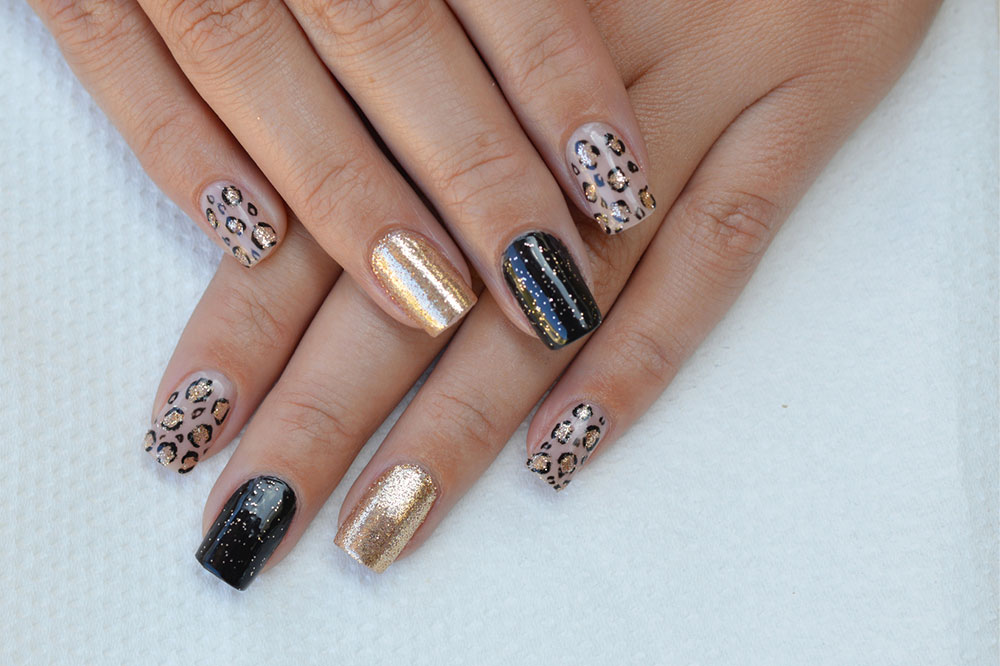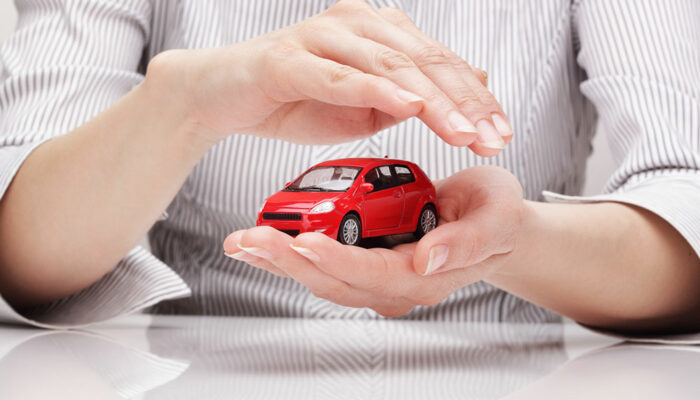3 dos and don’ts for healthy nails

Although made from skin cells, fingernails and toenails are hard due to the laminated layers of a protein called keratin. Regardless of their texture, nails are an essential body part as they help us pick up things and protect our toes and fingers. Hence it’s crucial to care for them and maintain their health and appearance. What follows are a few dos and don’ts when practicing a nail care routine.
Dos for healthy nails
Keep them dry and clean
Fingernails and toenails shouldn’t be kept wet for too long as moisture is a hotbed of bacteria production. Soaking the nails in water for an extended period can also lead to a split in the fingernails, which can become painful and lead to infections. Always wear rubber gloves with a cotton inner lining when washing dishes and cleaning the house or bathroom. They will keep your hands and nails from getting wet and coming into contact with harsh chemicals.
Cut them regularly
An essential component of good personal hygiene is cutting the nails regularly. While you can get a manicure from a professional, using clean clippers at home will also do the job. Cut the tips across and then shape them from the sides for a gentle curve that doesn’t hurt or get stuck in clothes.
Moisturize
Yes, you must moisturize the cuticles and fingernails. Nail dryness can lead to the formation of painful dead skin, cracks, and flaky skin. Besides using a moisturizer, you can apply a nail hardener that helps strengthen the nails.
Don’ts for healthy nails
Bite your nails
Biting the nails and cuticles is a habit some unknowingly develop. A minor cut alongside the fingernail can cause mouth bacteria to enter the wound, causing an infection. Biting the cuticles can also cause inflammation, which can be painful.
Pull off hangnails
Don’t pull off any part of the nail if it’s hanging or broken. Instead, carefully use a clipper to cut it without destroying live tissue.
Apply acetone
Limit the use of nail polish removers with acetone, as the chemical can harm the nails and cuticles. Always opt for something less harsh.
If you notice brittle nails, yellow nails, or signs like nail inflammation, thinning, thickening, pain, or change in nail shape or color, speak to a doctor about any underlying illnesses which may be causing them.






